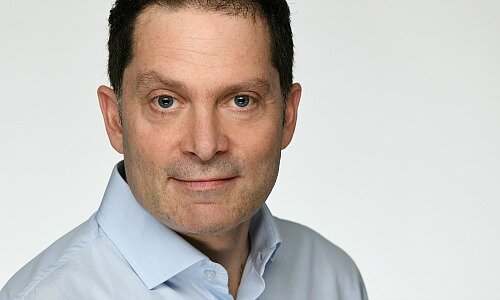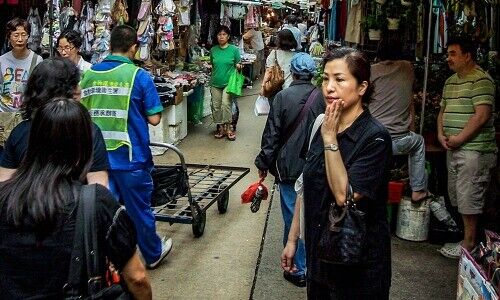Hong Kong: Waiting for the Other Shoe to Drop
Every day seems to bring the hunkered down city a fresh batch of issues related to the U.S.-China stand-off. They add to a growing, messy pile of links and unintended consequences that seem to determine the city’s fate.
By Andrew Isbester, Editor-at-large at finews.asia
It would be understandable if many Hongkongers felt somewhat downtrodden right now. Many were probably caught off guard by the unexpected ferocity and length of the pro-democratic protests which resulted in almost 300 arrests this past weekend, including, ostensibly, that of a 12-year-old girl. A good number of them have also been left unsettled by the imposition of the national security law in July.
On top of that, January was probably the last time any of them ventured outside their home without a surgical face mask on and they probably barely remember what it feels like. Particularly given that the current third wave of Covid-19 infections, which widespread city testing and daily government statistics indicate is ebbing, resulted in a quasi-lockdown that started at the end of July and which has been relaxed marginally in small, somewhat confusing, steps over the past two Fridays.
Sandwiched Between Giants
Yet all of this is apparently not enough. Practically every day, the city and its residents are provided with visceral reminders of what it means to sit squarely in the middle of the world’s geopolitics.
Just take two items that appeared in the news recently. On August 26, the U.S. Department of Commerce issued a press release on its website announcing the addition of 24 Chinese companies to a list restricting American exports to them. The same day it was reported that China had allegedly fired a so-called ‘carrier killer’ missile in the South China Sea.
The first was widely reported internationally in major western media channels while the second wasn’t reported with quite as much enthusiasm, at least not initially, probably because there was no independent confirmation of the source in the «South China Morning Post» article.
Growing Mess
While neither event has an immediate impact on the city, except that it possibly forced a lone cargo flight or two taking off or landing from the city’s airport to be rerouted. But they both add to the growing, messy pile of links, implications and unintended consequences that seems to be determining the city’s fate.
As one example, the U.S. list ostensibly includes five China Communications Construction Company (CCCC) subsidiaries or units, although the only one that seems clearly identifiable in the group’s 2019 annual report is the rather dryly named China Communications Construction Company Dredging Group.
Solving an Impossible Riddle
In any case, CCCC is not small, reporting 2019 revenues of around 75 billion Swiss francs ($82 billion) while employing slightly more than 124,000 people. It also possesses many of the same intermingled characteristics that other such entities in China have, with about a quarter of its share capital publicly traded as H shares in Hong Kong and the rest as A-shares in Shanghai. Although, another government-owned and supervised entity with practically the same name, China Communications Construction Group (CCCG), actually owns most of the shares.
The important point here is not what impact this will have on international banks in Hong Kong, but how any large Chinese bank – also sovereign-owned – will cope with all of this, in Hong Kong and elsewhere.
Inflection Point Fatigue
It is very hard to see them assiduously reviewing export invoices, payments or transfers of one of their brethren, their increasingly impatient finance departments in tow, as it would be for them to explain how they are managing all of this to U.S. government officials – or their main shareholders.
For the weary Hongkonger, both events serve as a reminder of the inflection points they are faced with almost daily, adding to the general feeling that nothing about the current situation portends much cheer.

Andrew Isbester is a British-Swiss citizen who has been based in Hong Kong for the past 12 years. He spent his formative years in South America, the U.S. and several European countries after which he returned to Switzerland, where he started a career in Zurich as a journalist, working as a foreign correspondent and then bureau chief for AFX News, an international news service owned by Agence France Presse and the Financial Times. He subsequently entered the banking industry and worked in various staff, risk and compliance functions at several financial institutions in Zurich and Hong Kong.


























